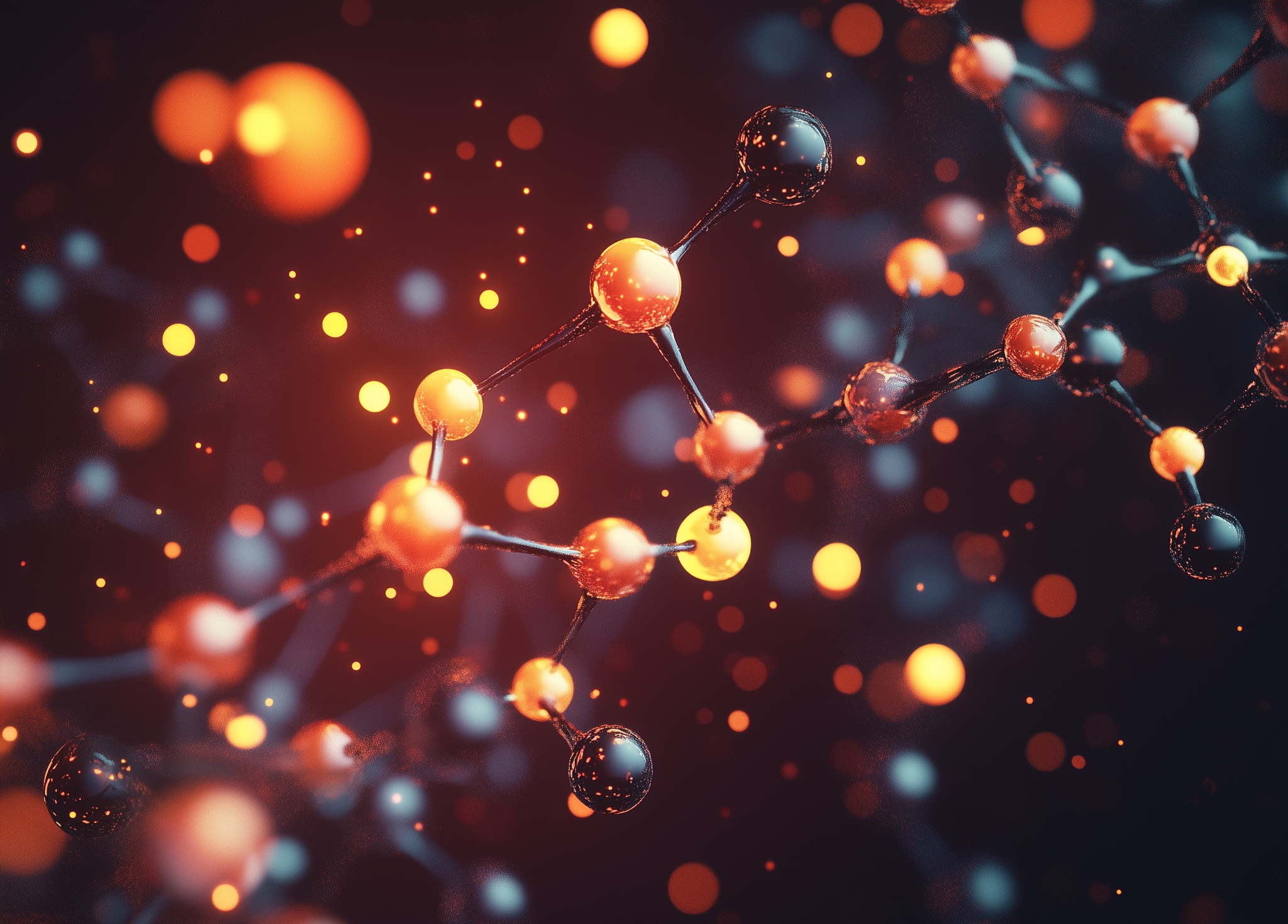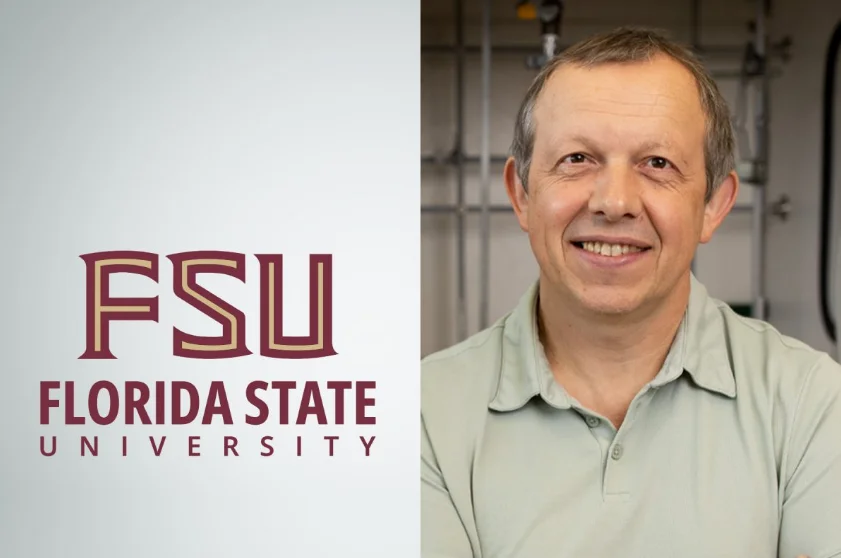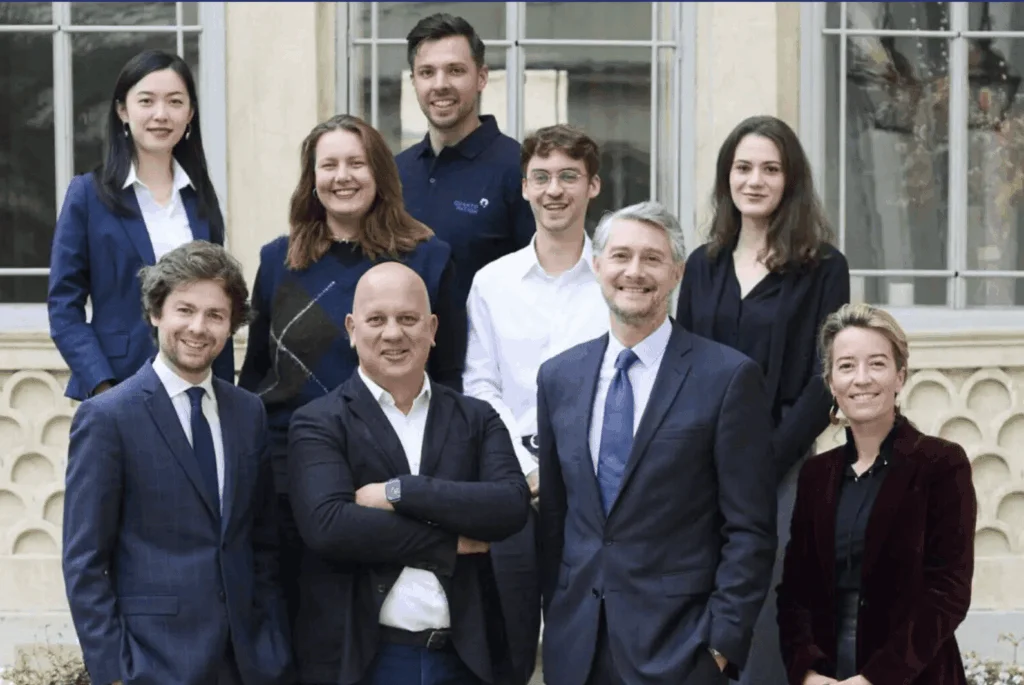Insider Brief:
- The German Federal Ministry of Education and Research awarded €1.8 million (approximately $1.87 million) to Dr. Werner Dobrautz for qHPC-GREEN, a project using quantum-enhanced high-performance computing to improve sustainable chemistry.
- The research focuses on nitrogen fixation, a key process for fertilizer production, and intends to develop biocatalysts that reduce industrial energy consumption.
- Dobrautz uses a hybrid computing approach, using classical HPC for weakly correlated regions and quantum computing for strongly correlated regions, optimizing efficiency on near-term quantum hardware.
- The project collaborates with institutions such as IBM Research Zurich, the Wallenberg Centre, and Jülich’s quantum computing infrastructure to advance quantum chemistry simulations and sustainable industrial processes.
PRESS RELEASE — In a recent release, the German Federal Ministry of Education and Research announced funding in the amount of €1.8 million (approximately $1.87 million) to Dr. Werner Dobrautz, a computational chemist at the Center for Advanced Systems Understanding, under its Quantum Future program. The funding is intended to suppors his research into quantum-enhanced high-performance computing for sustainable chemistry, focusing on biocatalysts that could improve industrial production processes.
Dobrautz’s project, qHPC-GREEN, is designed to model quantum mechanical systems relevant to environmental and energy challenges. The research targets nitrogen fixation, an essential process for producing ammonium-based fertilizers. While synthetic fertilizers have notably improved agricultural productivity, their industrial production is highly energy-intensive. A natural alternative exists in biological nitrogen fixation, facilitated by the enzyme nitrogenase. However, the quantum mechanical interactions at the core of this process remain poorly understood.
Hybrid Computing for Quantum Systems
Traditional high-performance computing has struggled to accurately model the strong electronic correlations in small quantum systems, such as those involved in nitrogen fixation. Electrons in these systems interact in complex ways that standard computational chemistry approximations fail to capture. To overcome this limitation, Dobrautz proposes a hybrid computing approach, using both classical HPC and quantum computing.

In this divide-and-conquer strategy, HPC handles calculations for weakly correlated regions, while QC focuses on strongly correlated regions. This method optimizes computational efficiency, making it possible on near-term quantum devices with limited qubit capacity.
Implications for Sustainable Chemistry
Catalysts, which speed up chemical reactions without being consumed, are essential in modern industry. Biocatalysts, derived from natural molecules, have the potential to make chemical production more sustainable. By understanding their quantum properties, researchers could develop new catalysts that reduce energy consumption and emissions in industrial processes.
Dobrautz’s research aligns with broader efforts in quantum computing to address real-world scientific and technological challenges. His hybrid approach provides a practical path for using quantum computing in chemistry, balancing current hardware constraints with the need for precise simulations.
Collaborative Infrastructure and Germany’s Quantum Research Strategy
The computational resources for qHPC-GREEN will be distributed across several institutions. HPC calculations will be performed at CASUS’s in-house infrastructure and the JUWELS supercomputing cluster at Forschungszentrum Jülich. On the quantum computing side, the project collaborates with IBM Research Zurich, the Wallenberg Centre for Quantum Technology in Sweden, Finnish software company Algorithmiq, and Jülich’s quantum computing infrastructure (JUNIQ). These partnerships will support algorithm development and access to quantum hardware.
In the official release, CASUS Director Prof. Thomas D. Kühne emphasized the importance of attracting top talent in quantum computing and AI, stating “I am therefore extremely pleased that Werner Dobrautz has decided to set up his first own research group with us. CASUS, the HZDR and Saxony’s research landscape are thus once again proving that their concepts and the overall framework are at the forefront of the current competition for the most talented minds.”.
As quantum computing matures, hybrid methods like qHPC-GREEN could close the gap that exists between theory and application, bringing quantum-enhanced solutions to industrial and environmental challenges.














